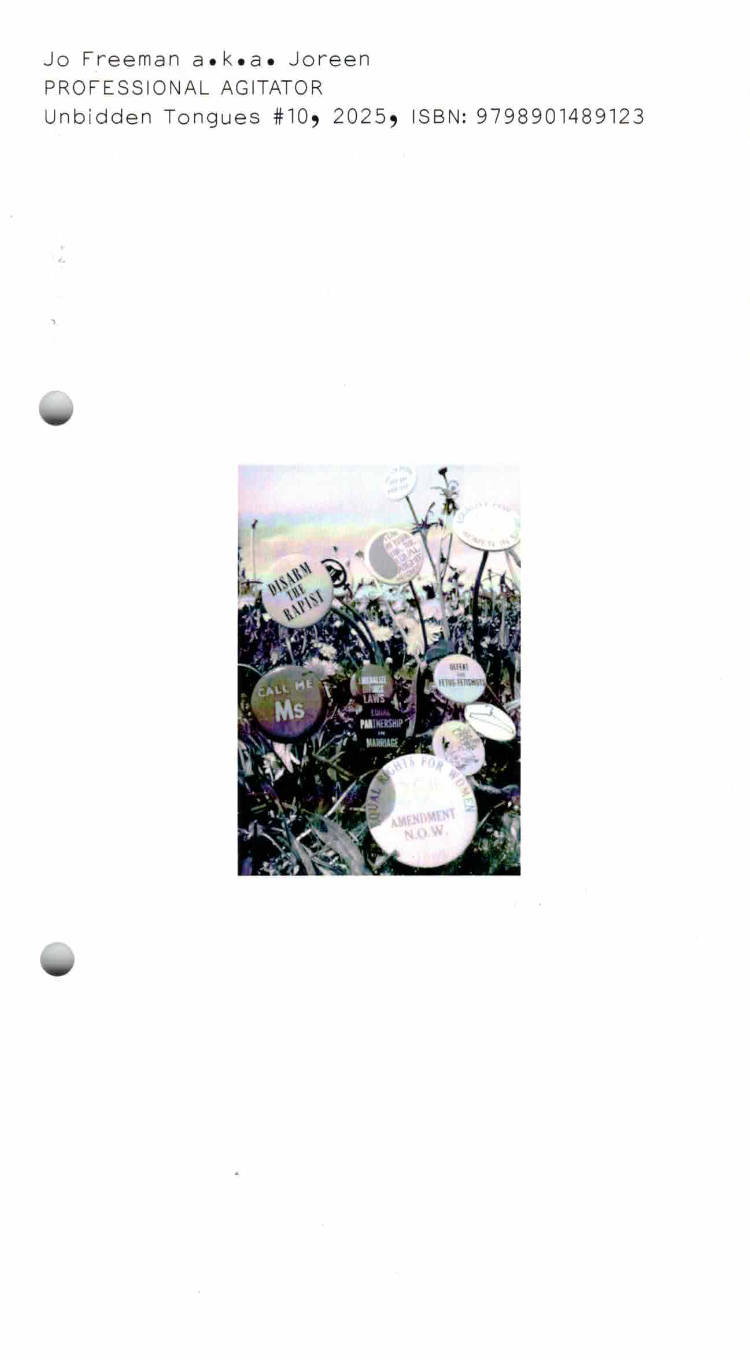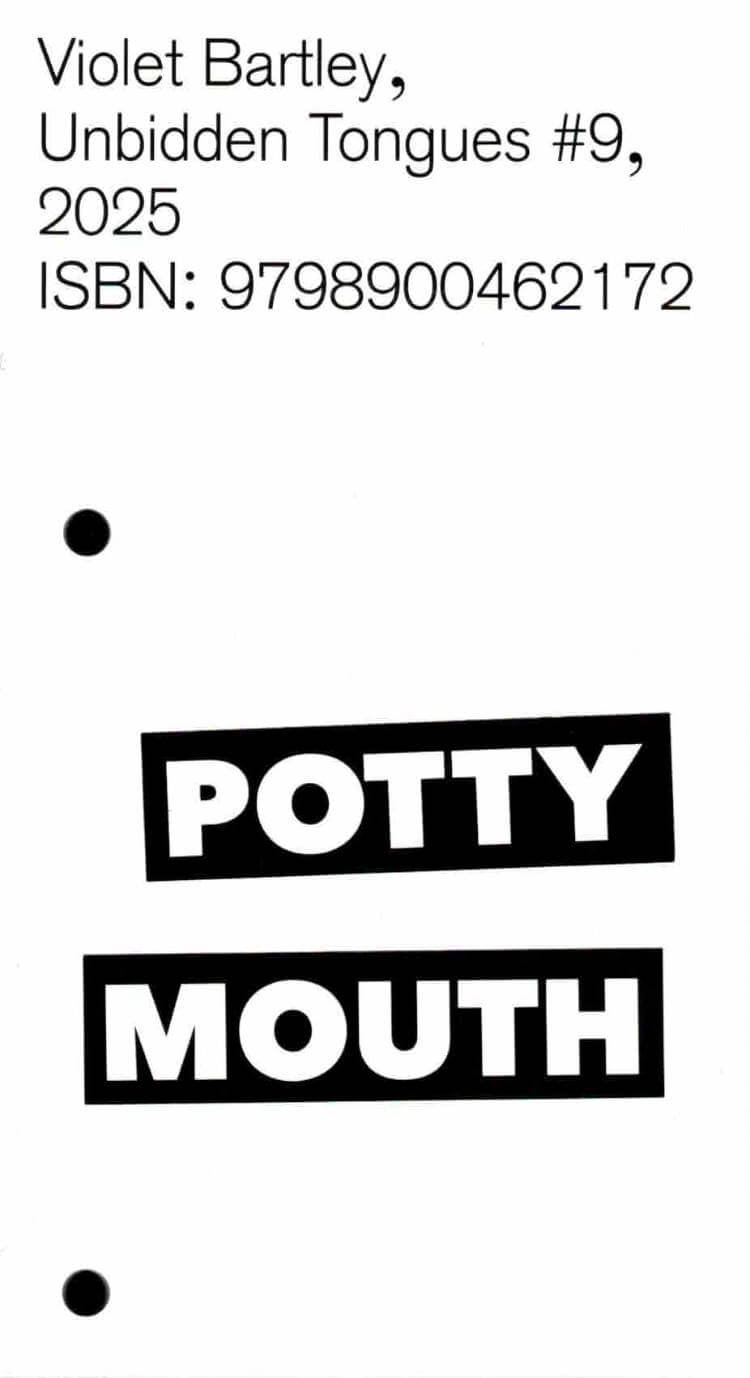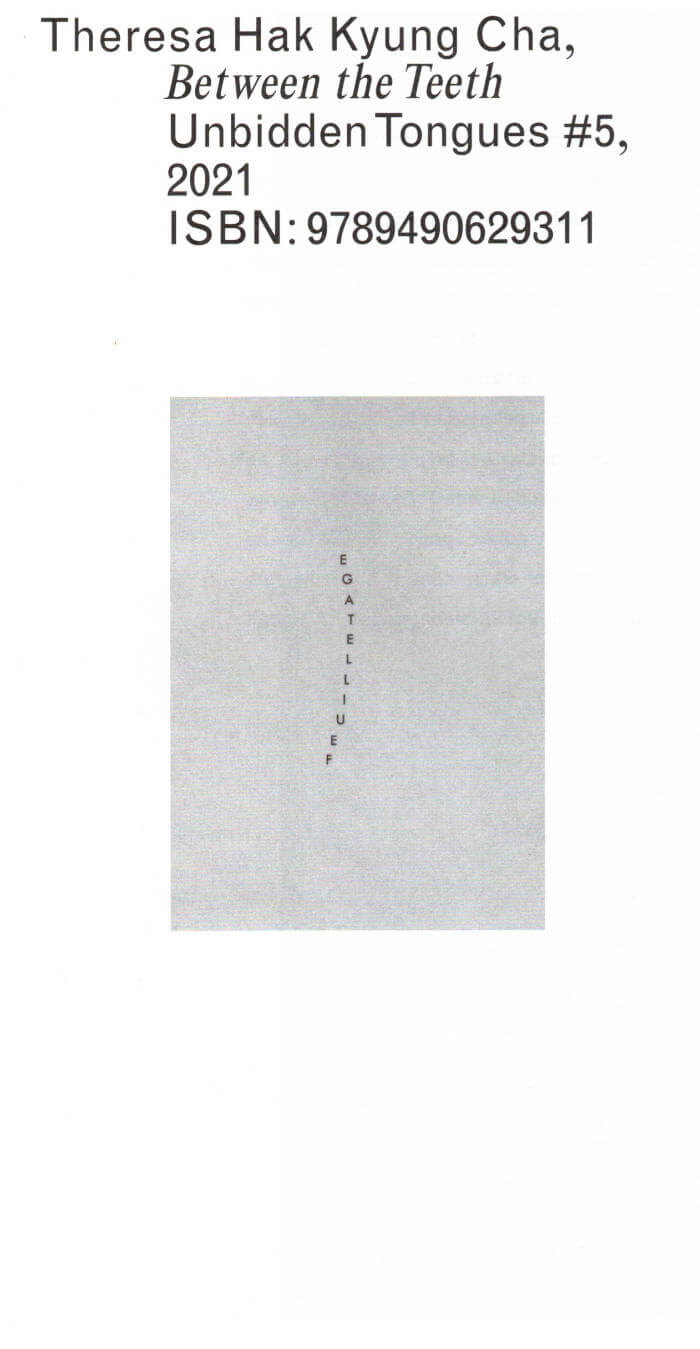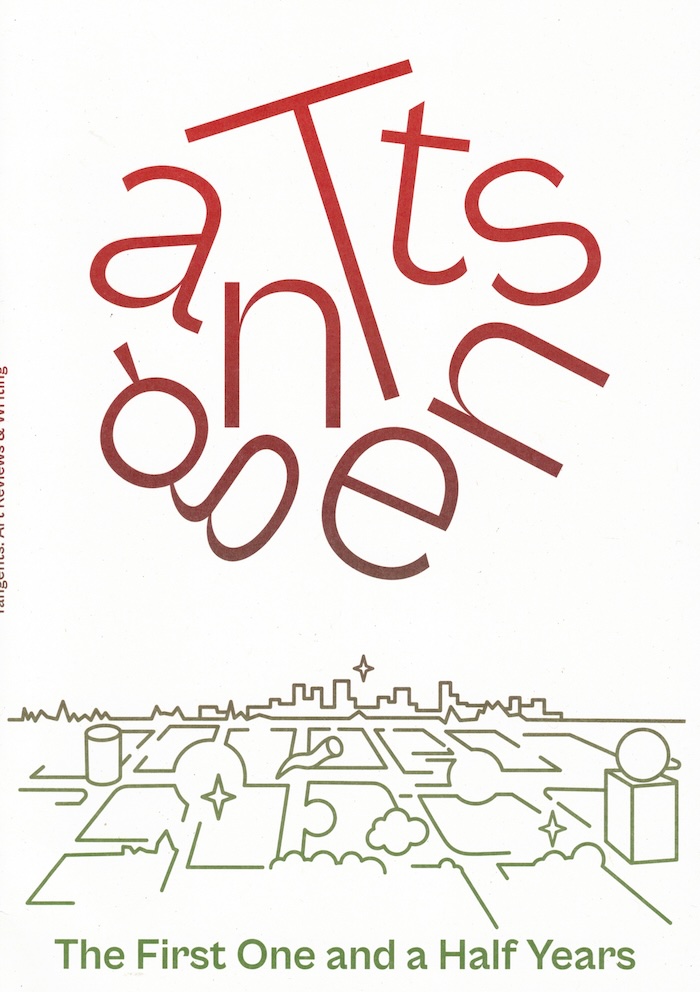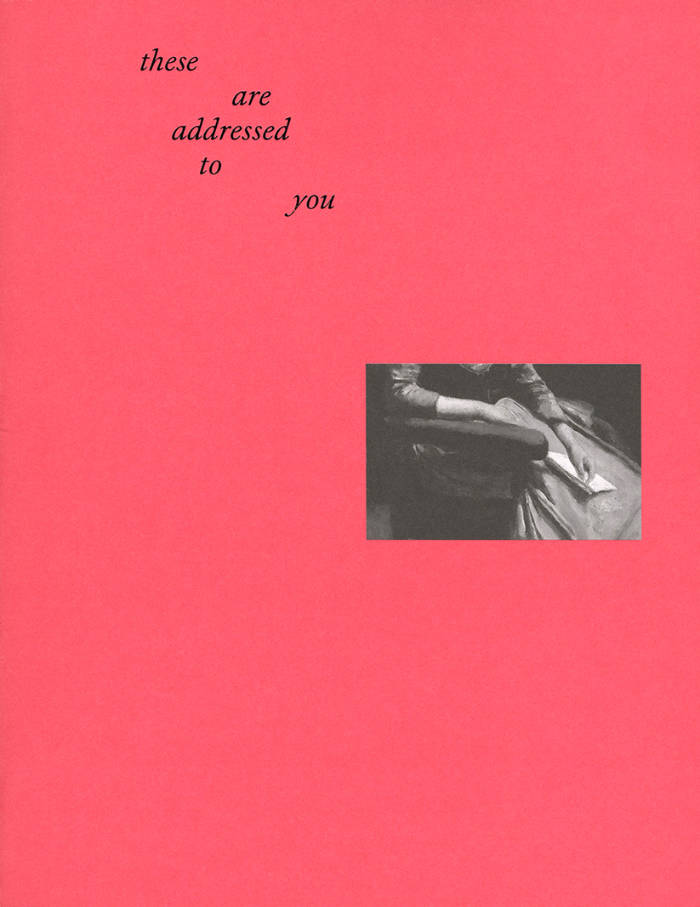
Ruth Wolf-Rehfeldt: Introverse Arrangements
Isabelle Sully ed.
Introverse Arrangements is centred on the work of German artist Ruth Wolf-Rehfeldt who, despite only recently garnering attention for her work, is most known for a period of geometric and poetic typewriter drawings produced between the 1970s and 1990 while employed as an administrator for the German Democratic Republic.
It is the first title from Unbidden Tongues, a series edited by Isabelle Sully that focuses on previously produced yet relatively uncirculated work by cultural practitioners busy with questions surrounding civility and civic life—particularly so in relation to language.
Language: English
